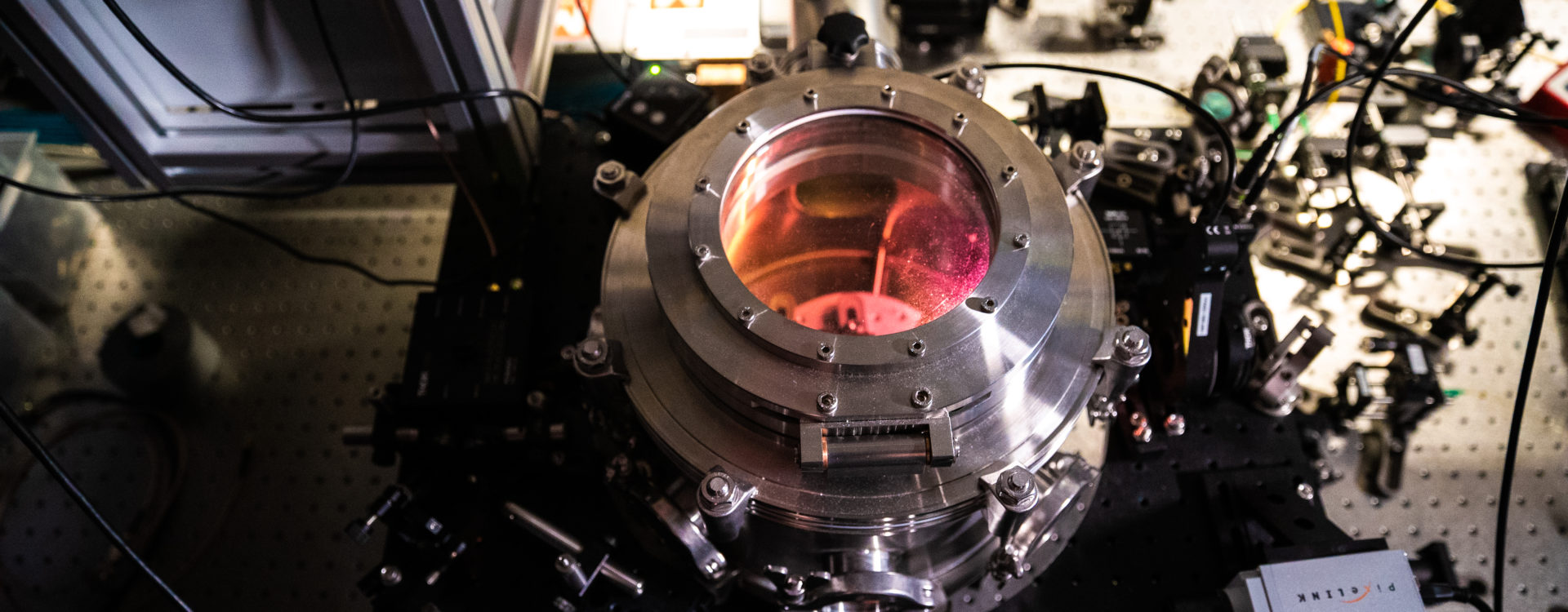The Sydney quantum community are after bright minds to work on the next breakthroughs in quantum science and technology.
Research projects on offer
Our Sydney network of quantum experts are seeking PhD, Honours and Master students to work on a variety of quantum science and technology research projects. Projects suit both experimentalists or theorists, and driven individuals with backgrounds across a range of disciplines such as physics, computer science, engineering, chemistry or mathematics.
Applications for our PhD Scholarship program are now open. If you aspire to be a leader in your field, we invite you to apply.
Our PhD scholarship program offers an array of research projects spanning quantum science and technology across our partner universities. To find a research project, filter projects by university or research specialisation at the PhD level. Please note this list is not exhaustive - you can also use our database to search for experts/supervisors based on their research interests to discuss other opportunities. We recommend contacting a prospective supervisor in advance of applying for our scholarship programs.
General search and filters
AI-assisted digital laser frequency stabilization for atomic spectroscopy
Dr Eric Howard
This project would suit: This Master's project is suited to graduates with a strong background in electronics or optoelectronics and an interest in embedded systems and quantum/atomic physics.
Advanced digitisation techniques and threshold effects in experimental quantum simulators
A/Prof Nathan Langford, Dr JP Dehollain, A/Prof Daniel Burgarth, A/Prof Dominic Berry
This project would suit: We encourage high performing students to apply who are undertaking an Honours or Master's degree in an appropriate subject area, such as physics or engineering, and strong results in undergraduate courses in quantum physics and other relevant subject areas. The funding for this project is eligible for Australian domestic students only.
Advancing quantum computing with Diraq (Next Generation Quantum Graduates Program)
Dr Andre Saraiva, Industry Placement with Diraq
This project would suit: An exceptional student holding an Honours or Masters qualification in electrical engineering, physics, or a relevant field, possessing strong knowledge of semiconductor or quantum physics.
Algorithms for distributed consensus – with BTQ (Next Generation Quantum Graduates Program)
Prof Gavin Brennen
This project would suit: Students with some experience with the theory of quantum information and computation with an interest in quantum algorithms and quantum optics. Only domestic students are eligible for this scholarship.
Analog trapped-ion quantum simulators for chemical dynamics
A/Prof Ivan Kassal, Dr Ting Rei Tan, Prof Michael Biercuk
This project would suit: Students with background in either chemistry or physics



